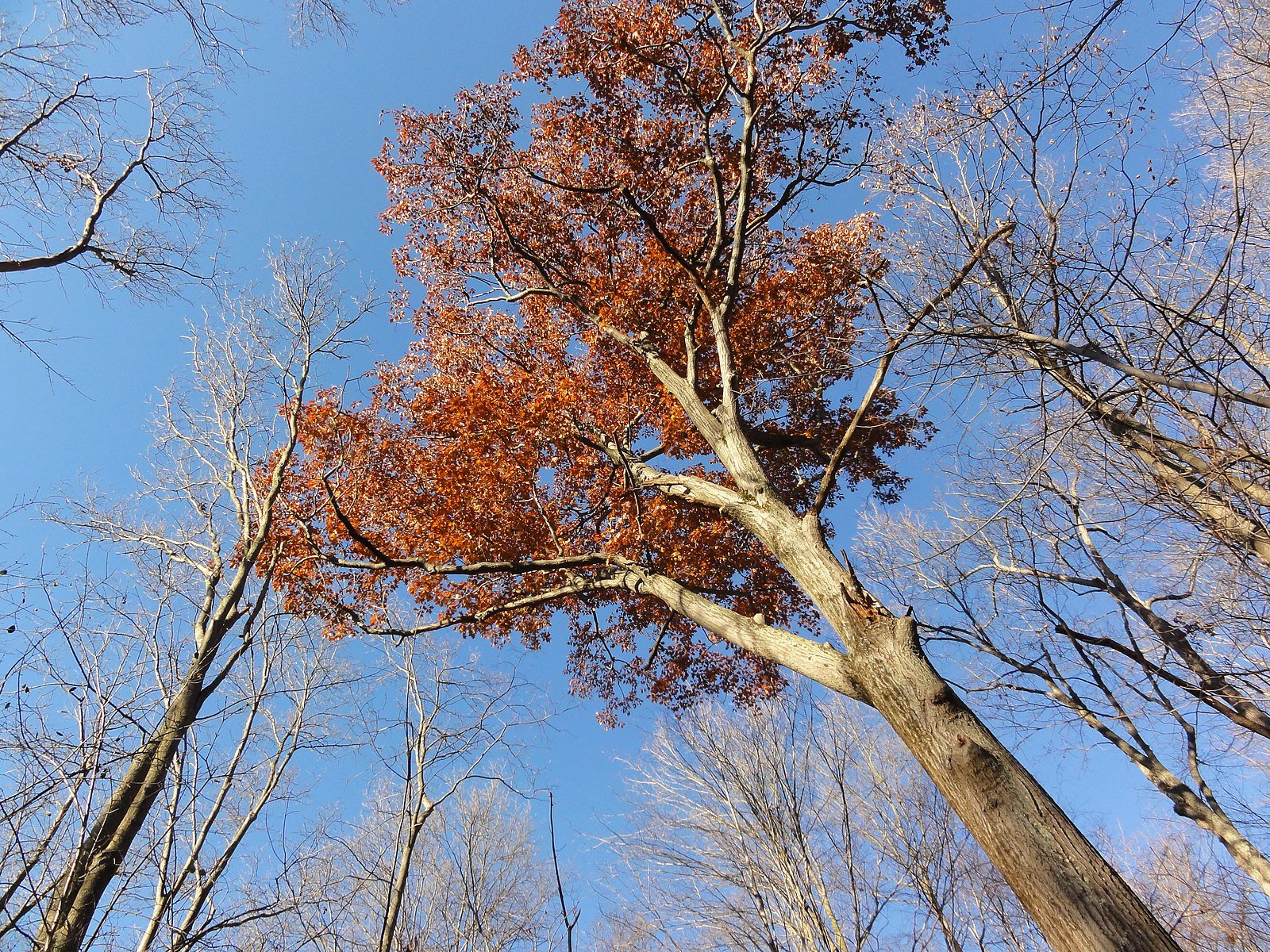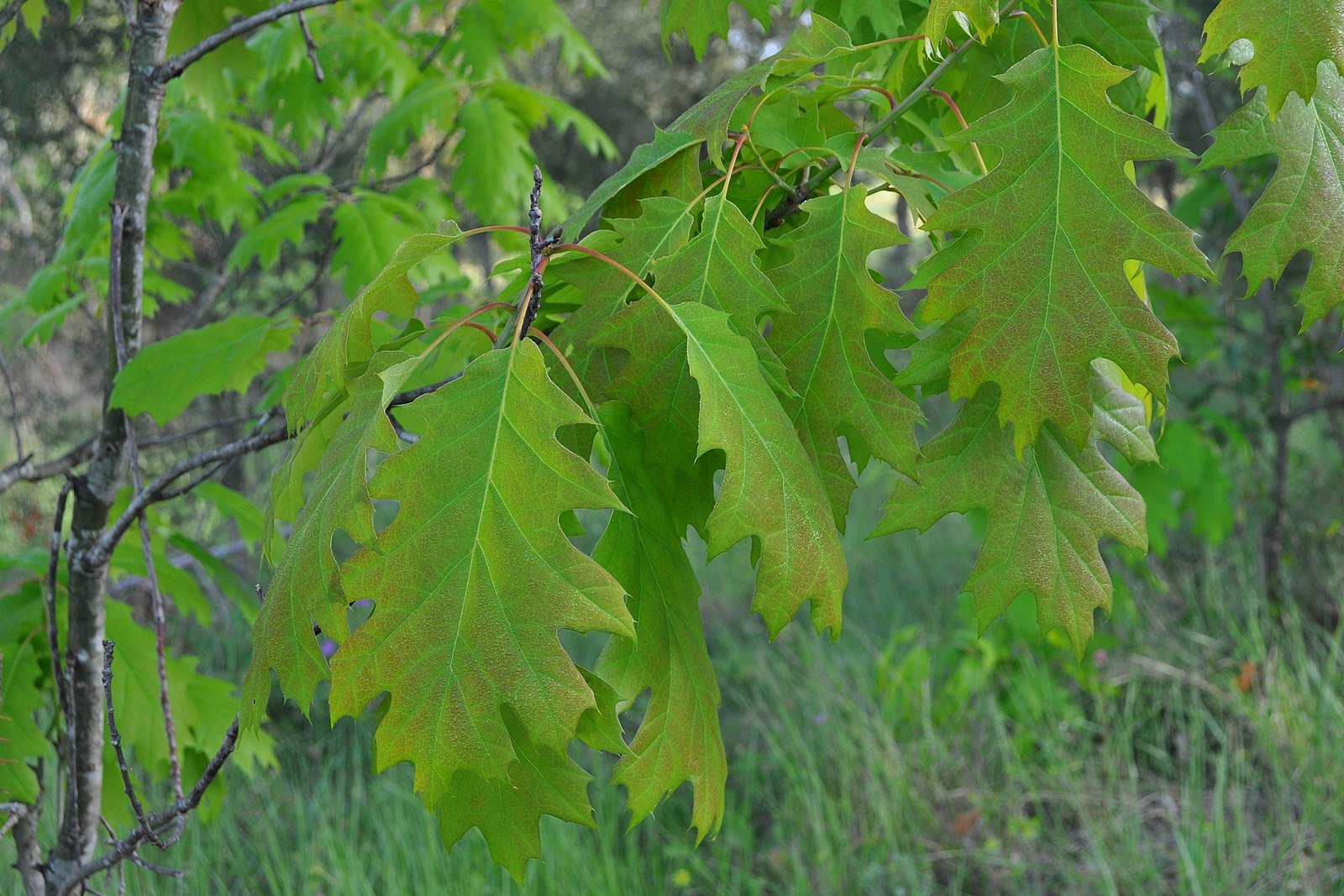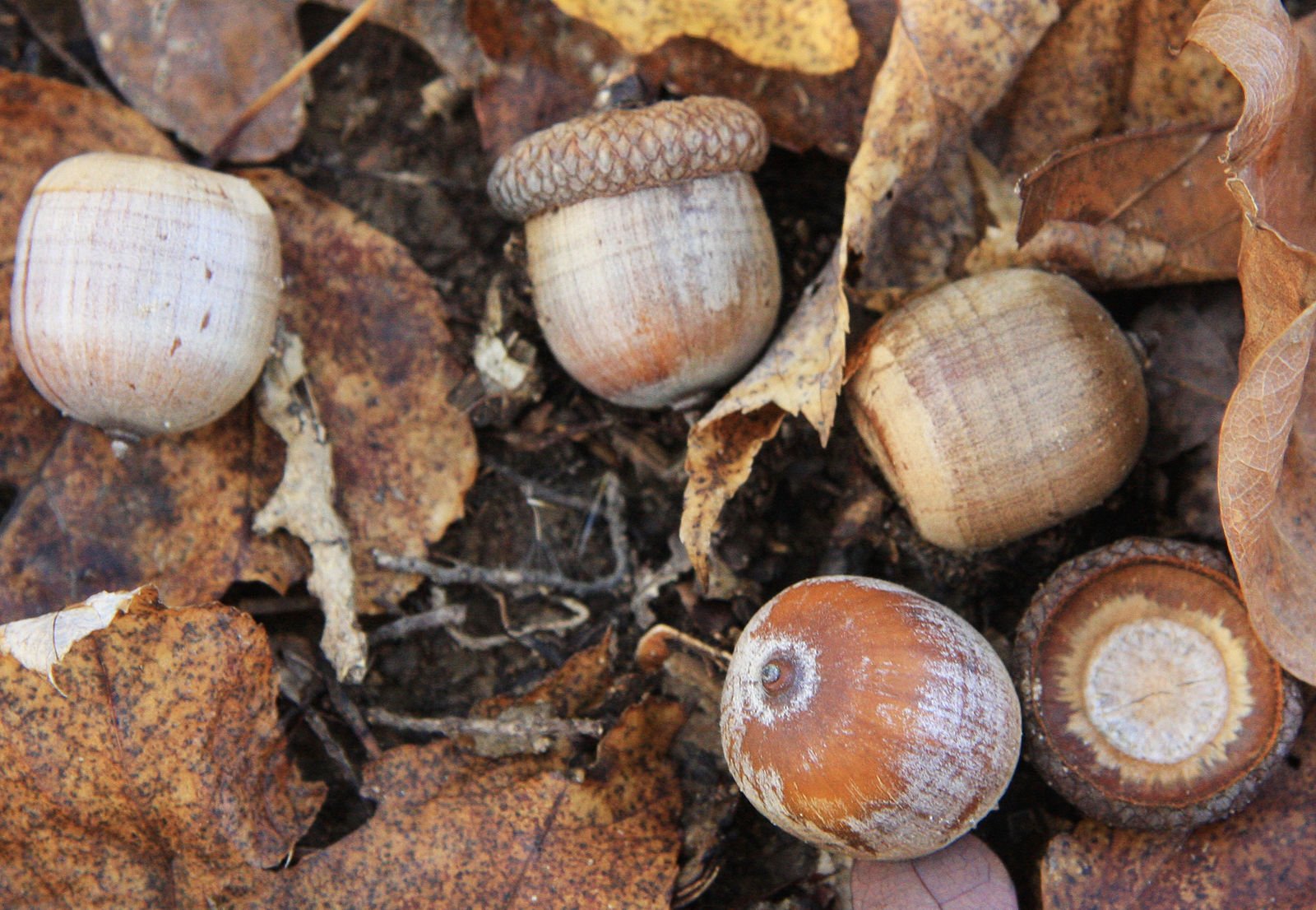 Image 1 of 4
Image 1 of 4

 Image 2 of 4
Image 2 of 4

 Image 3 of 4
Image 3 of 4

 Image 4 of 4
Image 4 of 4





Northern Red Oak (Quercus rubra)
Host plant for 488 caterpillar species *Keystone species
Selling first year local eco type Northern red oaks. Grown from acorn.
Mother trees are located within Reedy Creek Nature preserve.
First Year trees are 6-10 inches tall in 12” deep pots.
The northern red oak is a magnificent native tree that provides so much for wildlife.
At maturity, the Northern Red Oak can reach heights of 70-80 feet with a spread of 50-60 feet. It prefers full sun exposure and well-draining soil that's slightly acidic. This oak is notable for its deep, fissured bark and its sharply pointed leaves.
The Northern Red Oak is an important food source for a variety of wildlife, including deer, squirrels, and turkeys. (Source: USDA Forest Service)
Host plant for 488 caterpillar species *Keystone species
Selling first year local eco type Northern red oaks. Grown from acorn.
Mother trees are located within Reedy Creek Nature preserve.
First Year trees are 6-10 inches tall in 12” deep pots.
The northern red oak is a magnificent native tree that provides so much for wildlife.
At maturity, the Northern Red Oak can reach heights of 70-80 feet with a spread of 50-60 feet. It prefers full sun exposure and well-draining soil that's slightly acidic. This oak is notable for its deep, fissured bark and its sharply pointed leaves.
The Northern Red Oak is an important food source for a variety of wildlife, including deer, squirrels, and turkeys. (Source: USDA Forest Service)
